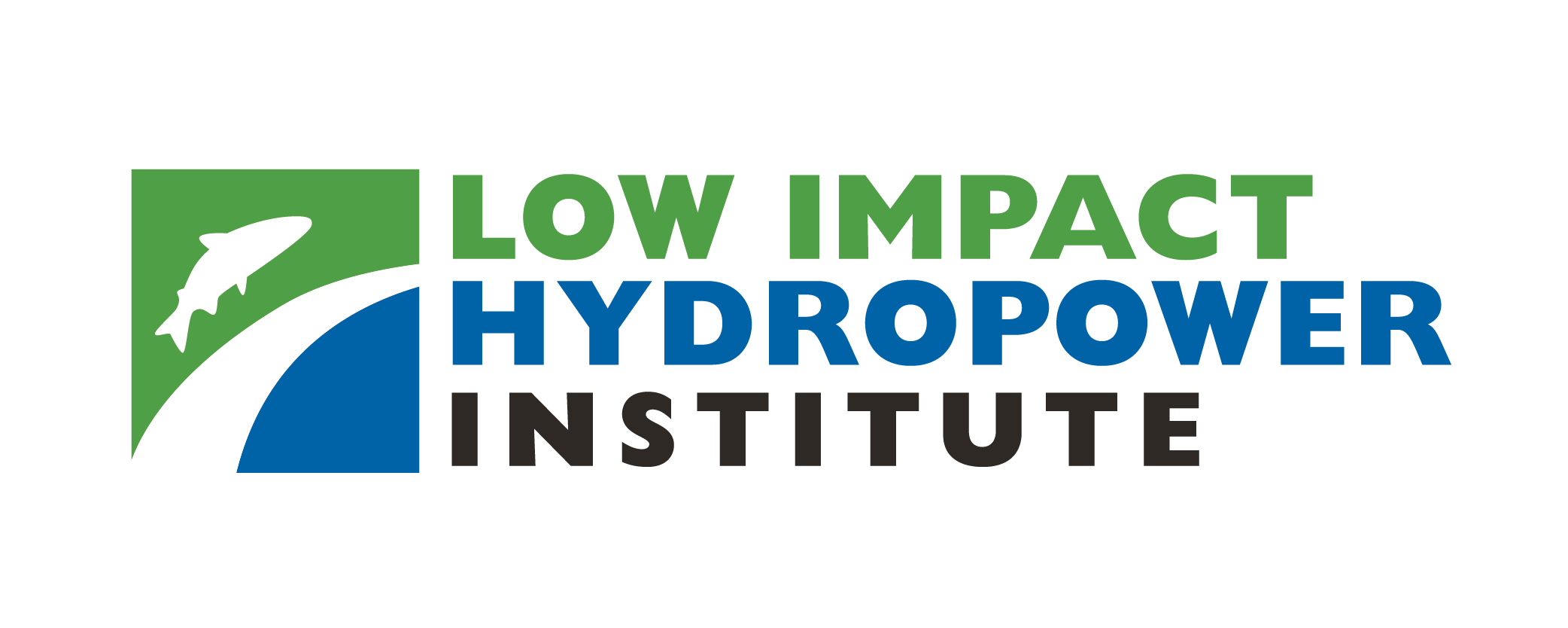营销指南
低影响水电研究所 (LIHI) 很高兴提供这些营销指南,供其在低影响水电认证计划中使用其名称和认证标志。认证旨在向消费者保证,显示 LIHI 认证的设施已符合 LIHI 认证标准,这意味着与其他水电设施相比,对环境的影响较小。认证使该设施的电力有权作为经过认证的低影响水电进行营销。为了保护消费者并为低影响水电认证计划提供最大程度的可信度,与低影响水电认证相关的所有营销声明都必须遵守以下准则。
联邦贸易委员会标准
所有低影响水电认证或印章的发布、展示或使用都必须遵循美国联邦贸易委员会的《绿色指南》(也称为《环境营销声明使用指南》)所制定的原则。 16 CFR 第 260 部分根据《绿色指南》,广告中使用的所有环境声明必须:
- 以事实为依据(并在技术可行的范围内进行客观验证);
- 不明示或暗示夸大环境属性或效益;
- 以足够清晰的方式提出比较声明,使比较依据避免欺骗客户;以及
- 确保任何必要的限定词或免责声明足够清晰和突出,以防止欺骗。
此外,LIHI 认证并不免除设施和营销人员的义务,他们必须确保其广告和声明中合理传达的任何和所有营销声明都有据可查。
认可语言
发布、使用或展示 LIHI 认证徽标或印章的营销人员必须在徽标或印章附近或旁边清晰醒目地发布以下文字,且靠近低影响水电认证声明的位置。
本产品包括低影响水电,其生产设施由低影响水电研究所(一家独立的非营利组织)认证,其对关键区域的环境影响低于研究所认为的水电设施可接受的最大水平。有关认证的更多信息,请参阅 www.lowimpacthydro.org。
任何提及 LIHI 认证计划支持者或以其他方式支持 LIHI 的个人、公司或组织时,都必须包含以下免责声明。此免责声明必须清晰、醒目,并且紧邻支持个人、公司或组织的提及。
以下组织支持低影响水电认证计划的目标和宗旨 [或以其他方式支持低影响水电研究所(如相关则添加)]。将某设施认证为低影响水电并不意味着这些组织中的任何一个认可该设施或由此产生的任何电力产品。
提及低影响水电名称和 LIHI 认证计划支持者的语言可能仅出现在与认证设施或设施产生的电力相关的书面材料中。
除符合这些营销指南的行为外,任何发布、使用或展示 LIHI 徽标或印章的行为都必须经过 LIHI 的预先批准,包括与描述低影响水电认证计划或支持者的预先批准的语言不同的新闻稿或产品营销材料。
不合规处罚
获得低影响水电认证的设施必须遵守所有低影响水电标准和这些营销指南。如果 LIHI 发现认证设施严重违反了 LIHI 认证的条款,或者如果 LIHI 发现申请人或证书持有人提交的任何材料存在重大失实陈述,并且该违规行为或重大失实陈述未在设施收到执行董事的书面通知后三十 (30) 天内纠正,则理事会可以:
- 施加附加条件和/或条件费用;
- 撤销或者修改认证;
- 禁止证书持有者五年内重新申请认证同一设施;
- 要求证书持有者立即通知其现有客户其认证已被撤销,并且,如果其客户未向最终零售客户供电,则立即通知零售营销商;和/或
- 要求任何销售该设施电力的实体立即停止在营销中使用 LIHI 认证,除非它能找到其他也获得低影响认证® 的供应。
免责声明
低影响水电标准是作为区分市场上的水电的相对简单的客观标准而制定的。然而,这些标准不应被视为水电设施示范性环境运营的基准。虽然这些标准旨在作为评估水电影响的国家基准,但并非所有与水电设施相关的环境或社会影响都符合这些标准。此外,虽然许多设施依赖资源机构的建议旨在创建一个基于科学证据的客观系统,该系统考虑到特定地点的条件,但任何特定设施可能都有独特的条件,需要或多或少严格的环境保护条件。因此,低影响水电标准的支持者、低影响水电研究所的官员和工作人员以及低影响水电认证的获得者保留在任何法律或行政程序中寻求低影响水电标准中概述以外的条件的权利。
支持低影响水电认证计划或低影响水电标准并不意味着认可任何根据认证计划认证的设施或由此产生的电力产品。低影响水电标准的支持者以及低影响水电研究所的官员和员工保留单独认可或以其他方式评论获得低影响水电认证的设施及其由此产生的电力产品的权利。此外,支持低影响水电认证计划或低影响水电标准并不意味着认可任何级别的电力消耗。低影响水电标准的支持者以及低影响水电研究所的官员和员工保留提倡节能作为发电替代方案的权利。
“低影响水电”一词不应以暗示经认证的设施对环境没有影响的方式发布或使用。此外,一些设施被认证为低影响水电并不意味着也不应该暗示低影响水电研究所或其支持者、官员或工作人员将其他水电设施标记为高影响。
低影响水电认证计划也仅旨在帮助区分水电设施的环境绩效。LIHI 根据客观的科学环境标准认证与其他水电设施相比影响较小的设施。LIHI 认证旨在让位置优越、运营良好的水电设施获得市场优势,因为水电比其他一些电力来源更具优势。但是,认证计划仅提供水电设施之间的比较,并不将水电发电对环境的影响与任何其他形式的发电进行比较。在 LIHI 看来,水电的影响与其他发电源的影响不能严格进行比较。
LIHI 的认证标准和其他项目要求可能会由 LIHI 管理委员会更改。管理委员会保留在公众审查和评论后根据需要修改标准和其他认证项目要求的权利。
